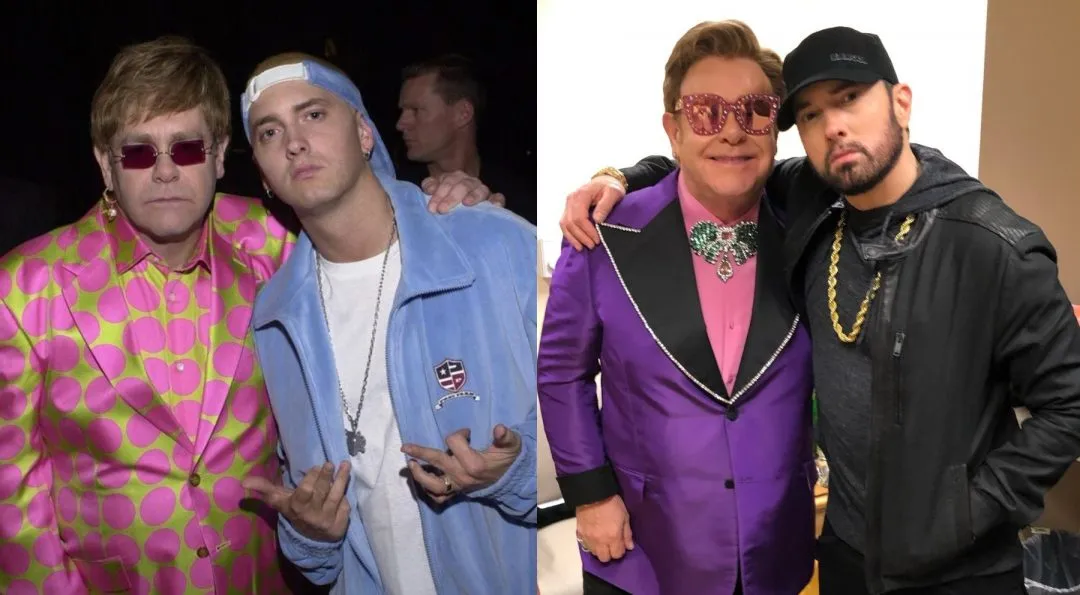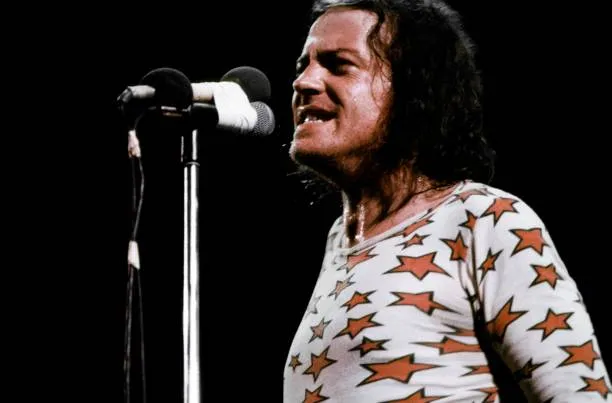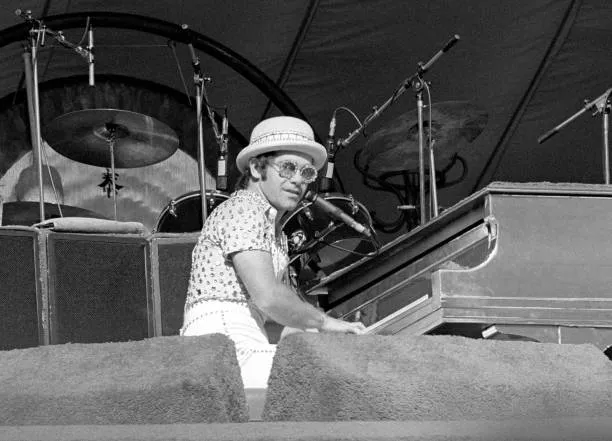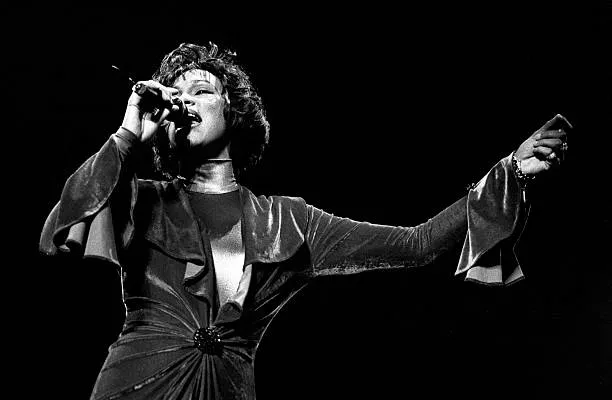In the annals of rock history, few bands have left as indelible a mark as Cream. Formed in 1966, Cream was a pioneering rock supergroup comprising three virtuosic musicians: Eric Clapton on guitar, Jack Bruce on bass, and Ginger Baker on drums.
While known for their groundbreaking blend of blues, rock, and psychedelia, Cream's music is also notable for its dynamic vocal performances.
Among these, Eric Clapton's vocal contributions stand out, adding a unique layer to the band's multifaceted sound.
This article delves into Clapton's role as a singer for Cream, exploring his featured songs and the significance of his vocal performances.
The Birth of Cream: A Supergroup Emerges

The mid-1960s was a time of musical exploration and innovation, and the formation of Cream was a significant milestone in this era.
Eric Clapton, already a respected guitarist due to his work with the Yardbirds and John Mayall's Bluesbreakers, joined forces with Jack Bruce and Ginger Baker, both highly acclaimed in their own right.
Together, they set out to push the boundaries of what a rock band could achieve.
While Clapton was initially reluctant to sing, preferring to focus on his guitar work, he soon found his voice within the group.
Jack Bruce, the primary vocalist, and bassist, handled most of the lead vocals, but Clapton's vocal contributions added a distinct texture to Cream's sound.
The interplay between Bruce and Clapton's voices became a defining feature of the band, complementing their instrumental virtuosity.
Eric Clapton's Vocal Contributions to Cream
Eric Clapton's journey as a vocalist for Cream began with a sense of humility and collaboration. He often shared the spotlight with Jack Bruce, who had a more prominent role as the lead singer.
However, Clapton's vocal performances were far from secondary. His voice brought a different emotional quality to the band's music, enriching the overall soundscape.
One of Clapton's earliest vocal contributions can be heard on the band's debut album, "Fresh Cream," released in 1966. The album features Clapton singing lead on the track "Four Until Late," a Robert Johnson cover that showcases Clapton's affinity for the blues.
His smooth, soulful delivery and passionate interpretation of the lyrics highlight his deep connection to the genre.
Another standout track from "Fresh Cream" where Clapton's vocals shine is "Cat's Squirrel."
While primarily an instrumental piece, Clapton's vocal interjections add a layer of intensity to the performance.
His nimble guitar work and energetic voice create an infectious blend that captures the listener's attention.
Disraeli Gears: A Psychedelic Evolution
As Cream evolved, so did Eric Clapton's vocal contributions. Their second album, "Disraeli Gears," released in 1967, marked a shift towards a more psychedelic sound.
The album features some of Cream's most iconic tracks and highlights Clapton's growth as a singer.
One of the standout songs from "Disraeli Gears" is "Strange Brew." Co-written by Clapton, Felix Pappalardi, and Gail Collins, the song features Clapton on lead vocals.

His voice, combined with his distinctive guitar riff, creates a hypnotic and captivating atmosphere. "Strange Brew" exemplifies Clapton's ability to convey both musicality and emotion through his vocals.
Another notable track from "Disraeli Gears" is "Outside Woman Blues," a song originally written by Blind Joe Reynolds.
Clapton takes on the lead vocals for this track, delivering a raw and powerful performance.
His voice, combined with his masterful guitar playing, brings a visceral intensity to the song, making it one of the album's highlights.
Wheels of Fire: Live and Studio Brilliance
Cream's third album, "Wheels of Fire," released in 1968, is a double album that features both studio recordings and live performances.
This album showcases Clapton's vocal prowess in both settings, highlighting his versatility as a singer.
On the studio side, "Wheels of Fire" features Clapton singing lead on "Crossroads," a live recording of the Robert Johnson classic.
Clapton's impassioned vocals and scorching guitar solos make this one of the definitive versions of the song.
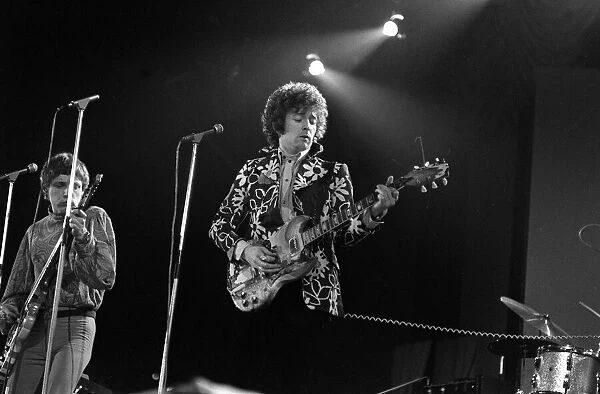
His voice, filled with urgency and emotion, perfectly complements the fiery energy of the live performance.
Another standout track from the studio side is "Badge," co-written by Clapton and George Harrison.
While Jack Bruce handles the lead vocals on most of the song, Clapton's harmonizing vocals add depth and richness to the performance.
His voice blends seamlessly with Bruce's, creating a harmonious and captivating sound.
Goodbye: The Final Chapter
Cream's final album, "Goodbye," released in 1969, marked the end of the band's brief but impactful journey.
Despite the band's impending breakup, Clapton's vocal contributions remained significant.
One of the standout tracks on "Goodbye" is "Badge." Despite its brief runtime, the song is a testament to Clapton's vocal and songwriting abilities.
His voice, coupled with his iconic guitar riff and Harrison's lyrical contributions, creates a poignant and memorable performance.
Another notable track from "Goodbye" is "Doing That Scrapyard Thing," co-written by Jack Bruce and Pete Brown.
While Bruce handles the lead vocals, Clapton's harmonizing vocals add a layer of richness to the song.
His voice, combined with his deft guitar work, creates a dynamic and engaging performance.
The Significance of Clapton's Vocal Contributions
Eric Clapton's vocal contributions to Cream were more than just supplementary. They added a unique dimension to the band's music, complementing Jack Bruce's powerful voice and creating a dynamic interplay.
Clapton's voice brought a different emotional quality to the songs he sang, enriching the overall soundscape.
Clapton's willingness to step out of his comfort zone and take on vocal responsibilities also showcases his versatility as an artist.
While he is primarily known for his guitar virtuosity, his vocal performances in Cream demonstrate his ability to convey emotion and connect with audiences through his singing.
Legacy and Influence
The music of Cream, with Clapton's vocal contributions, continues to resonate with new generations of listeners.
Their innovative blend of blues, rock, and psychedelia has left an indelible mark on the music industry.
Clapton's role as both a guitarist and vocalist has inspired countless musicians, solidifying his status as a rock and blues icon.
Songs like "Strange Brew," "Crossroads," and "Badge" remain timeless classics, showcasing Clapton's vocal and instrumental prowess.
His work with Cream laid the foundation for his subsequent solo career, where he continued to evolve as an artist and solidify his place in music history.
Reflections from Fellow Musicians
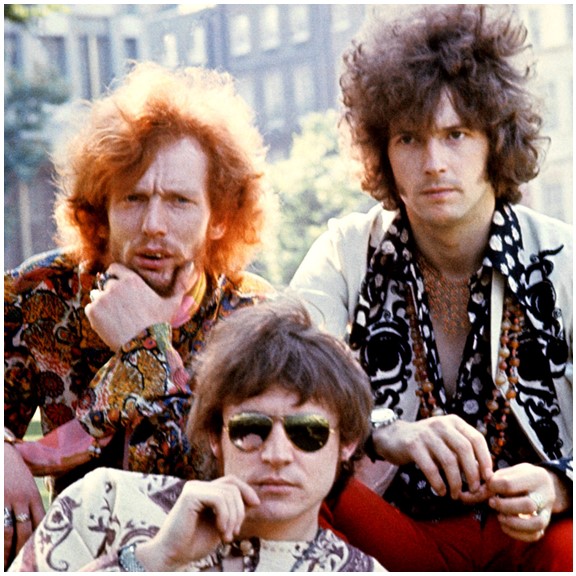
Eric Clapton's contributions to Cream have been praised by many fellow musicians.
Guitarists and singers alike have expressed admiration for his ability to seamlessly transition between singing and playing, creating a cohesive and captivating performance.
Legendary guitarist Jeff Beck, a contemporary of Clapton, once remarked, "Eric's voice has a unique quality that perfectly complements his guitar playing.
His vocal contributions to Cream are a testament to his versatility and artistry." Such praise from a peer highlights the impact of Clapton's vocal work in Cream.
A Multifaceted Talent
In conclusion, the answer to the question "Did Eric Clapton sing any songs for Cream?" is a resounding yes.
Clapton's vocal contributions to the band were significant and added a unique dimension to their music.
From the soulful blues of "Four Until Late" to the psychedelic vibes of "Strange Brew" and the raw intensity of "Crossroads," Clapton's voice enriched Cream's sound and left an enduring legacy.
His willingness to embrace the role of a vocalist, despite initial reluctance, showcases his versatility and commitment to his craft.
Clapton's vocal contributions to Cream are a testament to his multifaceted talent and his ability to connect with audiences on multiple levels.
As we listen to the timeless music of Cream, we are reminded of Clapton's significant role as both a guitarist and a vocalist, solidifying his place in rock history.
